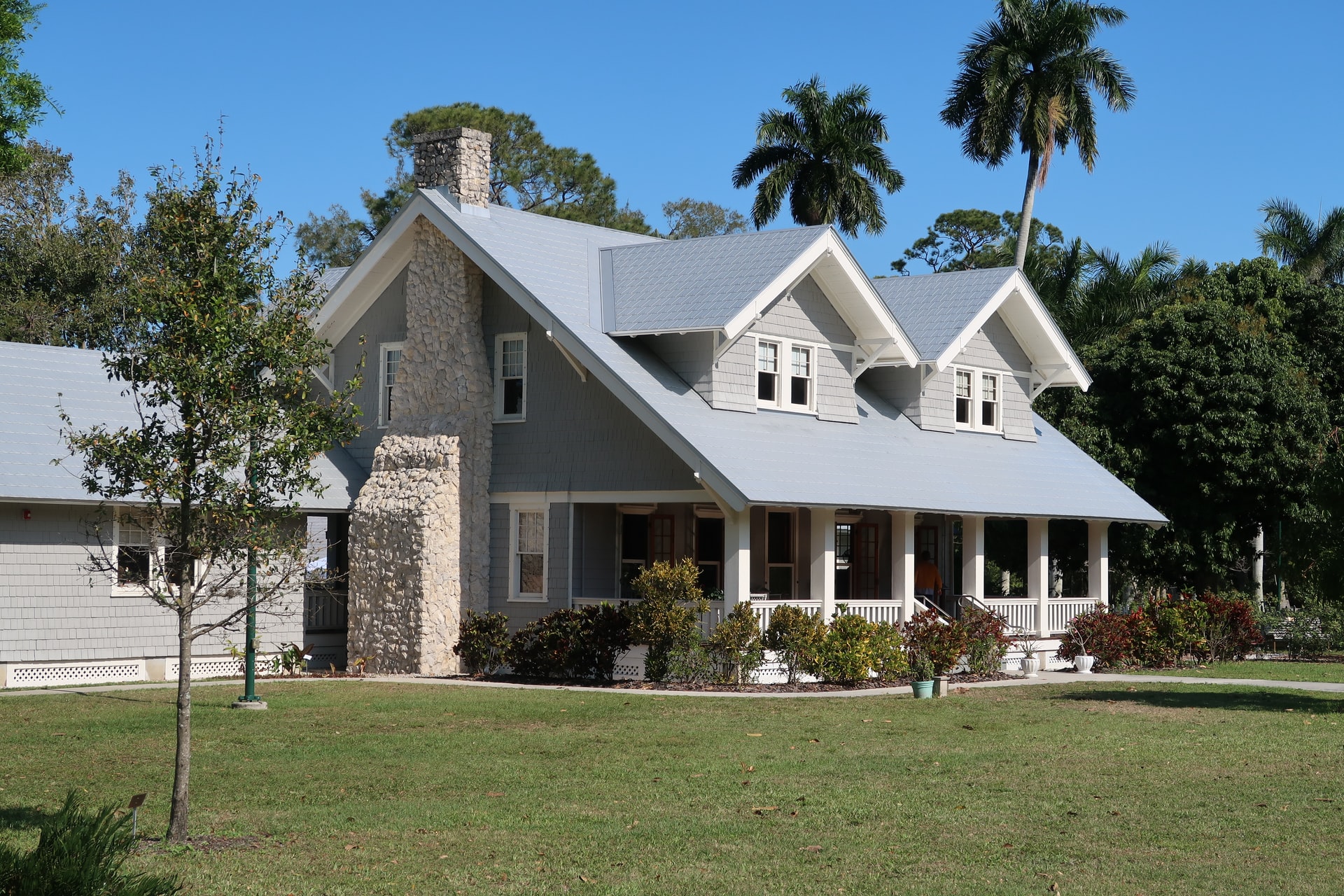If your home has been on the market for quite awhile without selling, it may seem as if you have no choice but to drop the asking price. You may find that your estate agent will suggest this move if they are no longer confident in your asking price, or if they’ve run out of ideas or motivation.
Is dropping the asking price on your home really the best answer for selling it quickly?
For some property owners, lowering the asking price may be able to generate additional interest from buyers who may otherwise have been unable to afford the property. If you must move urgently, or if you are facing repossession, you may also have no other choice but to lower the price on your property in order to sell it quickly.
However, if you own a premium home, dropping the price may not be the best answer, and it may actually hurt your chances of selling your home in the most effective manner.
I’ve put together a list of dos and don’ts for lowering your asking price, so that you can get the best result possible as you sell your home and move forward with your life. I followed these when I was looking to value my house and you can too.
Don’t drop your asking price by less than ten percent.
Otherwise, you won’t be noticed by enough new buyers for it to really matter. Home buyers usually shop for homes that are around ten percent above and below their current budget, so you’ll need to adjust your price out of this range in order to get noticed by a new set of buyers.
Do speak to your agent about why you need to reduce the price.
You originally had your property valued based on research by an industry expert. What has changed since this value judgement was made? It’s important to fully understand why the demand for properties like yours has changed, so that you can make the correct decision about whether to reduce the price or to continue at the current rate.
Don’t continually make small drops in price.
Price drops can create suspicion with buyers, as they may wonder what is wrong with your property. Why is the asking price lowered? Buyers may not want to risk purchasing a property that seems to be continually falling in value. Each price drop may signify red flags to buyers, so it’s important to make a big impactful drop, but to only make one.
Do make sure to stay within standard price banding.
Keeping within standard price brandings that are used by online listing sites will help make sure that it’s easy to list your property online.
Don’t try to break the price ceiling for your local area.
This makes potential buyers jittery, but it will also make your surveyor nervous. Unless there’s absolutely no way to avoid it, try to price your house at less than the highest priced home for sale in your local area.
Do ask your agent the right questions before you actually drop the price on your home.
If you’re feeling pressured by your agent to reduce the price, or if you have a deadline to move hanging over your head and you cannot afford to drop the price, ask what else you can do to secure a sale, besides lowering your asking price. Have an overview with them, and critically review your marketing efforts. Can you improve your overall marketing? Can you take a new drone picture or twilight image that will show your home in an entirely new light and generate new interest from potential buyers?
Do not give your buyers a reason to make a lower offer.
Be sure that your home is beautifully presented, and that every room is as attractive as possible, otherwise you are quite literally leaving money on the bargaining table. Staging your home correctly can add thousands to your asking price, and making a few small changes will dramatically improve your chances of getting an offer.
Give yourself room to negotiate – but not too much.
You can generally expect to achieve about 95% of your asking price, but will lose about 5% in negotiations with your buyer on average. This will depend on numerous other factors, such as how fast the local market changes, your confidence in negotiations, the state of the housing market locally, and how long your house is on the market.
Don’t neglect to analyze your price per square foot, as this is one of the best ways to value your home.
It’s far more accurate to calculate the value of your house this way than by using most other methods. Your agent should have already done this for you, but if they haven’t, make a spreadsheet of other properties locally for sale and that have sold recently in your area. Calculate the price per square foot of each property and then compare it to your home.
If your house hasn’t sold yet and you’re wondering if it’s just the asking price to blame, utilize the dos and don’ts in the article as an easy checklist to see if you’ve taken all of the steps you can to get your house sold for the best rate. If your price per square foot is correct, and you aren’t trying to break the price ceiling in your area, if your marketing is up to date and your home is presented beautifully, you may just have to wait the market out and have confidence in the rate that you are asking. If you don’t have confidence in the price that you want for your home, no one else will either.



 Bitcoin
Bitcoin  Ethereum
Ethereum  Tether
Tether  XRP
XRP  Solana
Solana  USDC
USDC  TRON
TRON  Lido Staked Ether
Lido Staked Ether  Cardano
Cardano  Avalanche
Avalanche  Toncoin
Toncoin